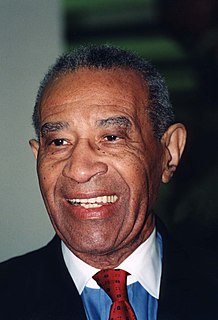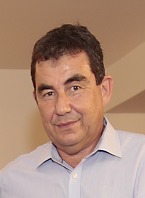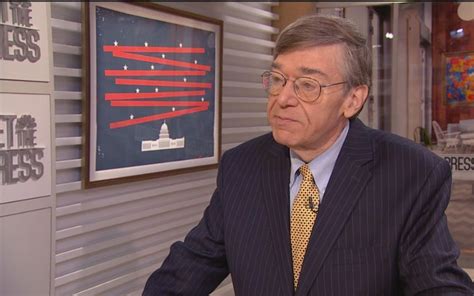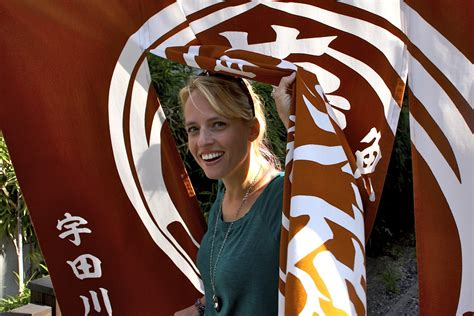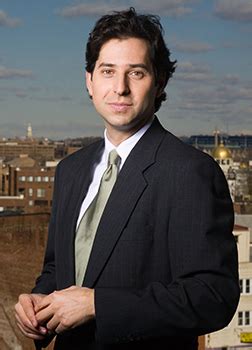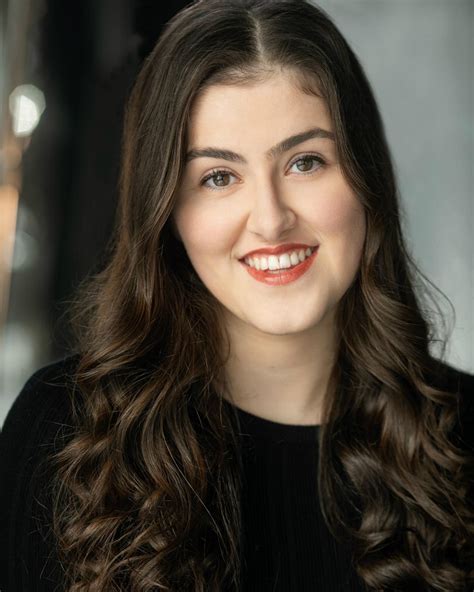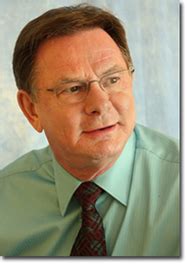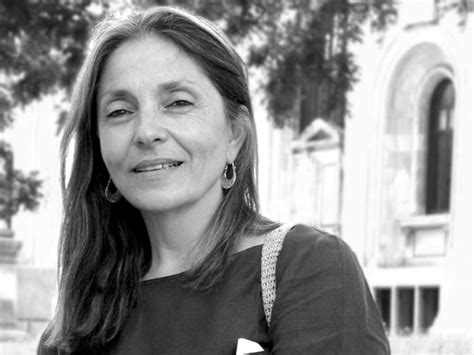A Quote by Annia Ciezadlo
Pedro Teixeira, the great Portuguese merchant-adventurer, wrote a beautiful description of a coffeehouse with windows overlooking the Tigris and the ruins of old Baghdad. That was in 1604, and he's visiting the same street that I write about in the book, named after Abu Nuwas, though it wasn't called that back then.
Related Quotes
The great majority of Baghdad is a slum - a lot of it's new, but it's still slum. It's usually this concrete-block, one-room design with a door and a window, arranged one-up, one-down, often with a shop with nothing in it on the first floor, and then a one-room apartment above it. There's street after street after street of that stuff.
There were a hundred booksellers in the old round city founded by the eighth-century caliph al-Mansur. The café and wine-drinking culture of Baghdad has been famous for centuries; there was a whole school of Iraqi poets who wrote poems about the wine bars of medieval Baghdad - the khamriyaat, or wine songs, that I quote in the book.
There aren't many great passages written about food, but I love one by George Millar, who worked for the SOE in the second world war and wrote a book called 'Horned Pigeon.' He had been on the run and hadn't eaten for a week, and his description of the cheese fondue he smells in the peasant kitchen of a house in eastern France is unbelievable.
When I first arrived in Baghdad in January 2003, I thought I would soon rent a house and envisioned myself swimming in the Tigris to cool off after reporting in the city the caliphs called Madinit al-Salam, the City of Peace. A year later, I realized I wouldn't be taking any midnight dips - Madinat al-Salam no more.
I wish I could sit back and say, 'Oh, I'm gonna wait for a Merchant-Ivory film to come my way. Or Ivory-Merchant. Whatever it's called. But you just take what's given and then, hopefully, down the road you can be more choosy and only do, say, Wayans brothers movies. That's my goal: to be more Merchant-Ivory-Wayans.
There arent many great passages written about food, but I love one by George Millar, who worked for the SOE in the second world war and wrote a book called Horned Pigeon. He had been on the run and hadnt eaten for a week, and his description of the cheese fondue he smells in the peasant kitchen of a house in eastern France is unbelievable.
I wrote Baghdad Central right after translating a great work by Ibrahim al-Koni, who is sort of a master of Arab fiction. In conversations with him I realized that translations have been my MFA program. If I have learned how to write fiction it's by working with great writers and getting them to explain their craft to me so that I can do it in English. That's how I've figured it out.












